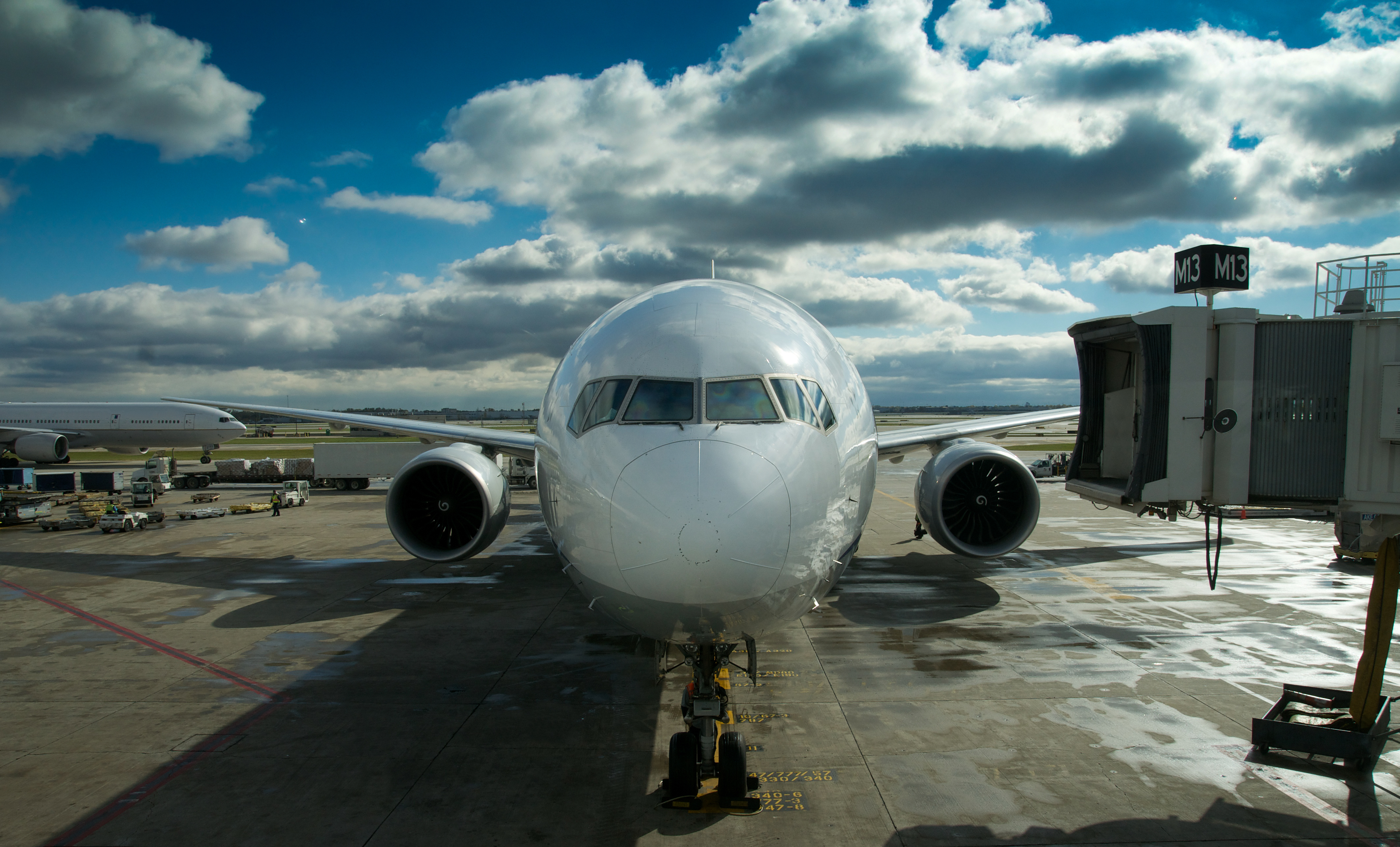In a significant move to boost the aviation industry and enhance travel accessibility, China has taken a bold step by giving airlines greater freedom to set domestic fares. This groundbreaking decision aims to stimulate competition, improve service quality, and provide more options for travelers within the country. In this article, we will delve into the implications of China’s policy change, its potential impact on airlines and passengers, and what this means for the future of air travel in the world’s most populous nation.

1. Breaking the Shackles: China’s New Fare Deregulation Policy
Under the new policy, China’s aviation authority is allowing airlines to exercise greater flexibility in setting domestic airfares. Previously, fares were subject to strict government regulation, which sometimes limited airlines’ ability to adjust prices according to market demand and operational costs. The fare deregulation aims to encourage a more competitive and market-driven approach to pricing.
2. Boosting Airline Revenue and Competitiveness
The fare deregulation is expected to have a positive impact on airline revenue. With the newfound freedom to set fares based on market conditions, airlines can optimize pricing strategies, leading to potentially increased profitability. Moreover, it allows airlines to tailor fare offerings to different customer segments, catering to both budget-conscious travelers and those seeking premium services.
3. Enhanced Travel Options for Passengers
For passengers, the deregulation of domestic fares translates into greater travel options. Airlines can now introduce more varied fare structures, such as promotional discounts, dynamic pricing, and bundled packages, making air travel more accessible and appealing to a broader range of travelers. This is especially significant for China’s growing middle class, who are increasingly seeking air travel for leisure and business purposes.
4. Fostering a More Competitive Market
The fare deregulation is expected to foster a more competitive market in China’s aviation industry. With airlines competing on pricing, service quality, and route offerings, travelers are likely to benefit from improved services and potentially reduced airfares. The increased competition may also lead to more innovative and customer-focused strategies to attract passengers.
5. Challenges and Monitoring Mechanisms
While the fare deregulation holds promise for the industry and consumers, there are also challenges that need to be addressed. The authorities will need to closely monitor fare changes to ensure fair practices and prevent price gouging. Additionally, maintaining a balance between fare autonomy and consumer protection will be crucial to protect the rights and interests of travelers.
6. Looking Ahead: The Future of Air Travel in China
The deregulation of domestic fares marks a significant milestone in China’s aviation history. As airlines embrace the newfound freedom to set fares, the industry is poised for further growth and innovation. With increasing demand for air travel within China, the deregulation is a strategic move to accommodate the evolving needs of passengers and strengthen the country’s position as a global aviation hub.
Conclusion
China’s decision to grant airlines greater autonomy in setting domestic fares heralds a new era for the country’s aviation industry. The move is expected to drive competition, improve services, and provide passengers with a wider range of travel options. While challenges exist, effective monitoring mechanisms will ensure a fair and competitive market. As the aviation landscape in China evolves, the fare deregulation paves the way for an exciting future of air travel, benefiting both airlines and passengers alike.